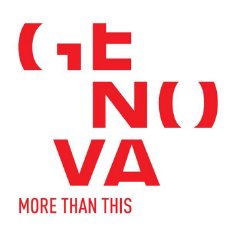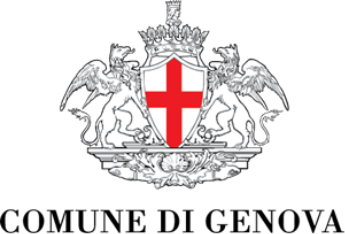Click here to view image
Titolo dell'opera:
Naval battle
Acquisizione:
Fabio Garelli 03/12/1925 - donazione
Autore:
De Wael, Cornelis
Object Type:
painting
Epoca:
1601 - XVII
Inventario:
2253
Misure:
Unità di misura: cm; Altezza: 123; Larghezza: 162
Tecnica:
olio su tela
Descrizione:
The painting is certainly one of the finest works in the collection of the Maritime Museums of Genoa. Relatively large in size, it depicts the scene of an unidentified naval battle.
The combat is chaotic, while the main subject appears to be the two-decked vessel on the left, which is under fire from a similar vessel: the first, on the main mast, bears a white flag edged with red and bearing a St Andrew's cross, also known as a “Burgundian flag”, which was the banner of the Spanish Netherlands between the 16th and 17th centuries. The second, with gold lilies on a blue background, is a French vessel. In the foreground: a clash between boats: armed men, arquebusiers and soldiers equipped with rotella - the typical round shield - are fighting at close range: a rather unlikely episode if it did not serve to clearly identify the author, Cornelis De Wael, who, around the 1620s, set up a painting workshop in Genoa that was destined to be very successful and whose “strong points” were, on the one hand, marine paintings and, on the other, naval battles. While in the former genre the two brothers were initially rather uncertain - so much so that they often sought help from other artists such as van Ertvelt - in the latter they emerged strongly, becoming part of the “bamboccianti” movement, which was so influential in 17th-century collective scenes and which is clearly evident throughout the workshop's activity in Genoa. The painting belongs to the workshop's most mature period and can be attributed solely to Cornelis (after his separation from his brother Lucas), probably around the middle of the 17th century. Even the figures of the soldiers, which are very precise and characterised, are certainly later than the “bamboccesco” period, a sign that the workshop had now reached its specialisation.


